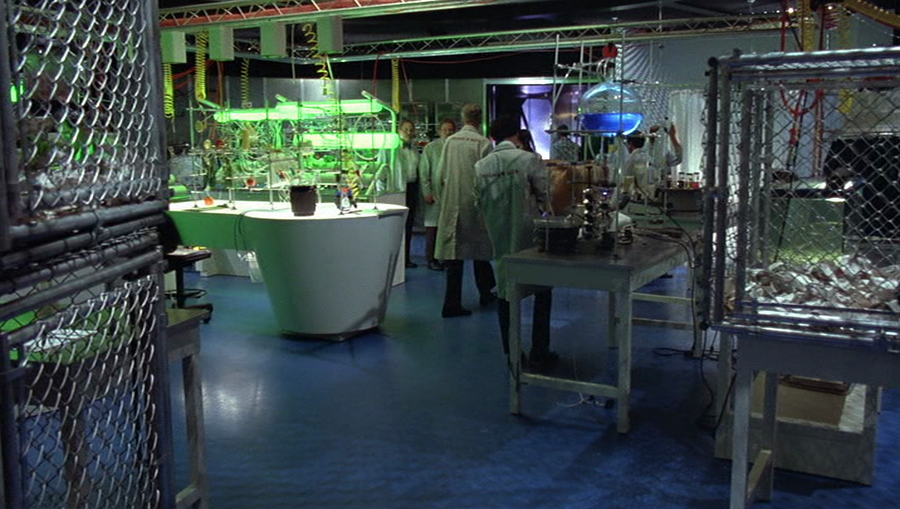



Hanks is the film’s narrator as well as a main onscreen presence alongside Presley, whose life and art are related from Colonel Tom’s perspective. The character of Colonel Tom is embodied by the movie’s one above-the-title-sized star, Tom Hanks, who plays the role with a slimy, serpentine monotony under transformative costumes and makeup (Parker was fat and bald) and a chewy, indistinct accent (Parker was born and raised in the Netherlands). But the key to Luhrmann’s act of cinematic aggression is less its vain embellishment than its weird, misguided, yet deeply revealing premise: it thrusts Presley’s predatory manager, Colonel Tom Parker, front and center. His style does more than leave smudgy fingerprints all over the material it’s calculatedly obtrusive, as if to give viewers a thumb in the eye. Luhrmann squeezes his name into the credits more times and more quickly than any other director I’ve seen, aided by the idiosyncrasies of contractual punctuation: it’s a Baz Luhrmann film, from a story by Baz Luhrmann and Jeremy Doner and a screenplay by Baz Luhrmann & Sam Bromell and Baz Luhrmann & Craig Pearce and Jeremy Doner, and it’s directed by Baz Luhrmann. “Elvis” is a gaudily decorated Wikipedia article that owes little to its sense of style it’s a film of substance, but of bare substance, a mere photographic replica of a script that both conveys and squanders the power of Presley’s authentic tragedy.
Splice 2 movie wiki driver#
A good-enough story can withstand more or less any direction, and that’s the extent of the artistic success that Baz Luhrmann achieves with “Elvis.” The rise of a Memphis truck driver to a generational hero and a world icon, under the thumb of his Mephistophelian manager, and his fall to the status of a mere self-destructive celebrity who became an object of nostalgia while still young is amazing enough, in its arc and its details, to hold attention even in the course of a garish and simplistic two hours and thirty-nine minutes.


 0 kommentar(er)
0 kommentar(er)
